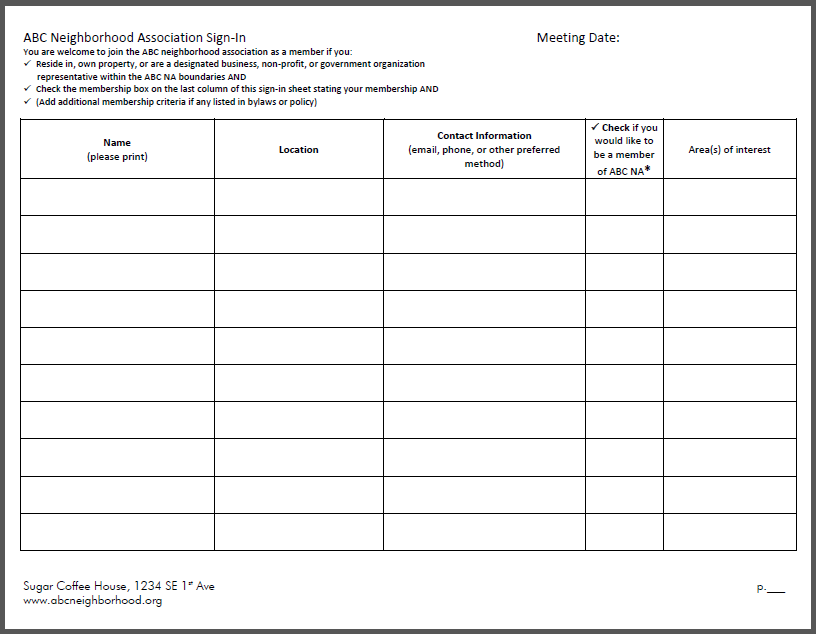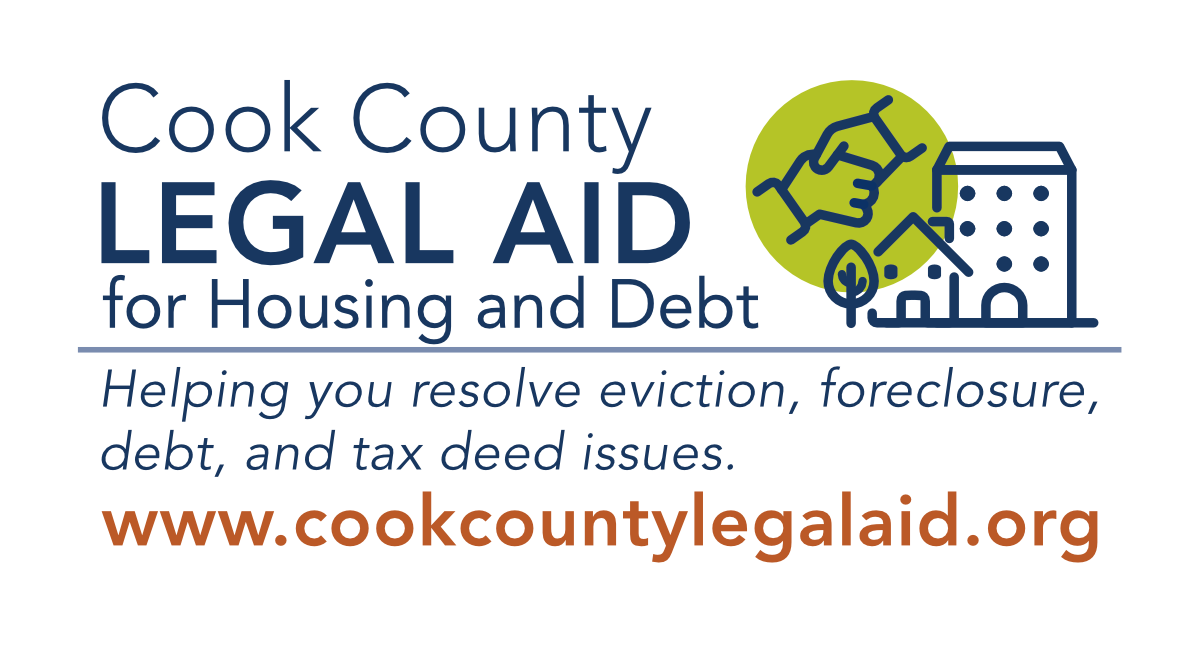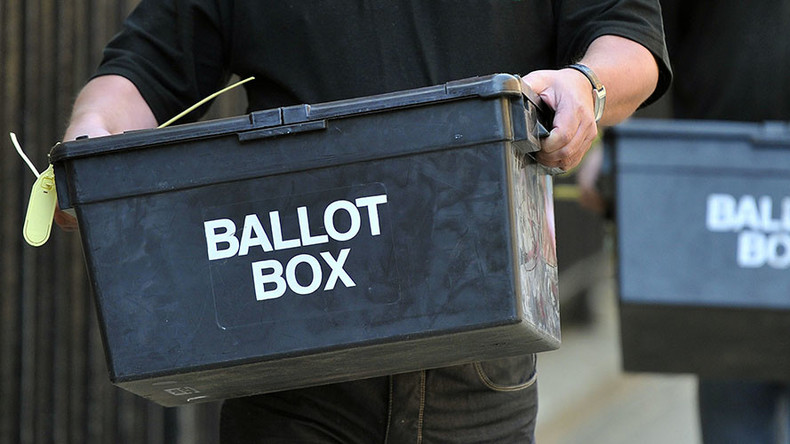
Elections illinois gov downloads business registration pdf rules regulations - are
Information on COVID-19
Cook County COVID-19 Community Recovery Initiative
Learn more about our other COVID-19 Recovery programs for businesses and residents at www.cookcountyil.gov/recovery.
We created this rapid response initiative to provide equitable and holistic comprehensive financial relief and critical support services to help suburban Cook County residents and small businesses rebound stronger than ever from the impact of the COVID-19 pandemic. The initiative, funded by the federal Coronavirus Aid, Relief, and Economic Security (CARES) Act, is part of our ongoing commitment to promote equitable economic growth and community development, along with our partners.
Our goal is to assist businesses to remain open, workers find jobs and families stay in their homes.
Cook County Legal Aid for Housing and Debt
Governor Pritzker issued Executive Order 2020-72, which extended the Foreclosure and Eviction Moratorium to some Illinois residents subject to new conditions. Executive Order 2020-72 is set to expire on December 12, 2020. However, this Executive Order may be extended or amended at any time prior to the date of expiration. For up to date information on the status of Governor Pritzker’s Executive Orders, please visit the State of Illinois Coronavirus (COVID-19) Response webpage.
Download a summary and FAQ of the moratorium.
 Cook County has launched a new initiative, Cook County Legal Aid for Housing and Debt (CCLAHD). CCLAHD helps residents resolve eviction, foreclosure, debt, and tax deed issues. The first program under the initiative, the Early Resolution Program (ERP), launched on November 23, 2020. The ERP provides free legal assistance, counseling, pre-court mediation and case management for residents and landlords dealing with evictions or delinquent property taxes, and creditors and debtors with issues related to consumer debt. Visit www.cookcountylegalaid.org or call (855) 956-5763 to find out more information and get help.
Cook County has launched a new initiative, Cook County Legal Aid for Housing and Debt (CCLAHD). CCLAHD helps residents resolve eviction, foreclosure, debt, and tax deed issues. The first program under the initiative, the Early Resolution Program (ERP), launched on November 23, 2020. The ERP provides free legal assistance, counseling, pre-court mediation and case management for residents and landlords dealing with evictions or delinquent property taxes, and creditors and debtors with issues related to consumer debt. Visit www.cookcountylegalaid.org or call (855) 956-5763 to find out more information and get help.
The services are provided on a pro-bono basis for residents of Cook County without legal representation and are being offered to:
- tenants facing eviction,
- landlords dealing with an eviction,
- debtors being sued for unpaid debts,
- creditors wishing to sue on the basis of unpaid debts, and
- residents who have defaulted on property tax payments or mortgage foreclosure payments.
Download Early Resolution Program flyers in English, Spanish and Polish:
CARES Act Funding for Local Governments
Cook County received approximately $429 million from the U.S. Treasury from the CARES Act. Under the Act, units of local government with a population exceeding 500,000 are eligible to receive this funding and can distribute these funds to municipalities under this threshold for direct expenses related to coronavirus. Per the CARES Act, these funds are NOT eligible for loss of revenues many local jurisdictions are unfortunately facing and only authorized for direct COVID-19 expenses. Cook County has chosen to allocate $51 million of this relief among the municipalities located within Cook County.
Allocations to each municipality were determined through an equitable lens, with factors that included, but that were not limited to the following: immediate needs of the municipality to respond to the pandemic, municipal population, municipal median income and municipal public health statistics. It is important to note that each municipality must apply for this funding allocation and such allocation will be contingent on eligible cost reimbursement. Find out more on the service page.
Re-opening of Cook County Facilities to the Public
County facilities re-opened on July 6, 2020, in accordance with President Preckwinkle's Executive Order 2020-11. Please be advised that services are still available online, and staff are available by phone or email. Residents and businesses are still strongly encouraged to access services remotely in order to mitigate the spread of COVID-19.
Cook County employees will return to the workplace in phases beginning July 6. Employees and members of the public using Cook County facilities upon reopening will be expected to practice physical distancing and wear personal protective equipment in accordance with public health guidelines. In addition, everyone who enters a County facility will be required to undergo a thermal screening and health questionnaire.
Cook County Courts also re-opened on July 6. More information about the resumption of court services, including a full plan, overview and FAQ, are available for download from the Justice Advisory Council.
Learn more at www.cookcountyil.gov/reopening.
Cook County Covid-19 Response Plan
On Thursday, May 14, President Preckwinkle released the Cook County COVID-19 Response Plan: From Rapid Response to Equitable Recoveryduring a virtual City Club speech. Read the full speech on Medium. This plan documents our initial, rapid response to the COVID-19 crisis and outlines our priorities for an equitable recovery over the next several months.
The plan is grounded in our core values of equity, engagement, and excellence, and builds from the six policy priorities established in the Policy Roadmap: Five-Year Strategic Plan for Offices Under the President.
The needs arising from the COVID-19 pandemic evolve quickly, so we are committed to updating and revising this plan for an equitable recovery as new information becomes available. Be sure to check back over the coming months for updates to our approach.
Read the Plan. The full document and overview are available for download.
Interactive Maps
Cook County unveiled two new interactive data dashboards, the Cook County Social Vulnerability Index (SVI) Map and the Medical Examiner COVID-19 Dashboard. The SVI Map is an interactive map down to each Census tract with that estimates social vulnerability by several factors as defined by the Centers for Disease Control: poverty, lack of transportation access, language barriers, and other issues. This map will help us to predict exactly which communities are most vulnerable to disasters like this pandemic and allow us to use a data-driven approach to target resources. We’ve made the dashboards public so that other local governments, policy makers, and social service agencies can make use of this data. The SVI Map is available in English and Spanish.
The COVID-19 Dashboard for Medical Examiner’s Office data presents the public with clear, easy-to-understand information regarding COVID-19 deaths. The dashboard shows deaths by location, time, and importantly, race and ethnicity. The Medical Examiner COVID-19 Dashboard is available in English, and Spanish.
Business Resources
Cook County Financial Relief Package
With businesses and residents facing so many challenges and difficulties created by the coronavirus, Cook County is moving to waive various County fines, fees and deferring tax collections. Waiving these fines and fees and deferring the County’s tax collection will assist businesses in terms of cash flow to the tune of $45 million during these trying times. This can provide some breathing room for businesses that are struggling.
Under this relief package, due dates for Home Rule Taxes like the Alcoholic Beverage Tax, Amusement Tax, Tobacco Tax and Gasoline and Hotel Accommodations Tax will be pushed back. So will numerous fines and fees under the jurisdictions of the Departments of Transportation and Highways, Environment and Sustainability, Revenue, Building and Zoning and Public Health.
Download the full list of the business-friendly efforts in English, Spanish and Polish.
Resident Resources
Available Testing Sites
Find a testing site near you from the Illinois Department of Public Health: http://dph.illinois.gov/testing. Testing is free and does not affect immigration status. Please call ahead to confirm testing availability.
AlertCook, Hotline and Email
Sign up for AlertCook, Cook County's text alert system. Simply text "AlertCook" to 888-777.
The Cook County Department of Public Health (CCDPH) has opened a hotline, with live translation services available in all major languages: (708) 633-3319. This hotline is available Monday through Friday during regular office hours and is staffed by CCDPH staff. If you cannot immediately reach a member of staff, please leave a voicemail. Voicemails will be returned.
CCDPH has also launched an email service for all COVID-19 questions and concerns at CCDPH.COVID19@cookcountyhhs.org.
Contact Tracing
The Cook County Department of Public Health received a $41 million grant from the State of Illinois to launch an expanded contact tracing program. CCDPH has begun the hiring process for several lead positions. It is expected the operation will require 400 staff members and will be fully established by Fall.
Learn more about the Cook County Department of Public Health's plan for contact tracing in suburban Cook County.
Affordable Housing Opportunities
The Housing Authority of Cook County’s waiting list for housing in Blue Island opened April 9, 2020 and all applications are taken online. Additionally, the Housing Choice voucher waiting list is scheduled to open soon. Please sign up for alertsnotifying you when and how to apply for housing assistance.
Homelessness Prevention
If you are a suburban Cook County resident and need financial assistance with mortgage, rent payments, rent deposits, utility payments, or other housing issues please call the Homeless Prevention Call Center at (877) 4-COOK-15 or (877) 426-6515. Listen carefully to the prompts to choose which kind of help you need. City of Chicago residents should call 311 or (312) 744-5000 (outside of Chicago).
Emergency shelter: Due to changes in shelter operations due to COVID-19, please call the Homeless Prevention Call Center at (877) 4-COOK-15 or (877) 426-6515 if possible to be directed appropriately to shelter resources. If you are not able to call, please see shelter providers in suburban Cook County.
Domestic Violence
Visit the Domestic Violence Hotlines: http://www.suburbancook.org/dv
City Bureau COVID-19 Resource Finder
City Bureau, a non-profit newsroom, has compiled an easily filtered, comprehensive collection of resources available in all major languages. City Bureau consulted with communities and found that narrowing a large list of resources to find specific items that work for each individual would be very useful in accessing COVID-19 resources. Their finder has easy-to-use filters for types of resource and eligibility. The site has been translated into 10 languages and SMS access is available.
Food Access
- The Greater Chicago Food Depository responds to food insecurity in our community every single day. Anyone in need of food assistance can turn to the Food Depository’s network of agencies and programs. With some exceptions, their network of 700 partner agencies and programs remains open. These sites are modifying their distributions to promote social distancing, including offering pre-packaged boxes of groceries.
- School districts throughout Cook County suburbs are providing meals to families in need. Find the details here: http://bit.ly/CookCountyMeals
- Download this list of South Suburban Food Pantries.
Employment Questions
Residents who have questions about the Earned Sick Leave Ordinance and COVID-19 can visit the service page for frequently asked questions at the Department of Human Rights and Ethics.
Job seekers can visit the Chicago Cook Workforce Partnership's website to find out who's hiring now.
Residents with questions about unemployment insurance and COVID-19 can visit Illinois Department of Employment Security for frequently asked questions.
Emergency Management and Regional Security
Alternative Housing Program
Cook County has launched an alternative housing plan designed to support suburban Cook County residents, health care professionals and first responders.
Under this plan, in partnership with the Illinois Emergency Management Association, suburban Cook County residents who test positive for COVID-19 and are in need of temporary housing as they continue to recover outside a hospital’s care, will have an opportunity to stay in temporary housing identified by EMRS. Qualifying participants of the program may include people experiencing homelessness, individuals who are housing insecure or those who do not have a separate room and bathroom to safely isolate at home.
If a person tests positive for COVID-19, has received treatment and is set to be discharged from the hospital to continue recuperating, the patient can tell a hospital social worker they may not be able to adequately self-isolate. The hospital will call a Cook County Department of Public Health hotline who will screen the patient, confirm their need for housing, and then immediately work to place them in the temporary housing.
The program has been expanded to provide respite housing to suburban health care professionals and first responders also in need of temporary housing.
Donation Initiative
On March 26, 2020, President Preckwinkle signed Executive Order 2020-6 directing the Department of Emergency Management and Regional Security (EMRS) to accept supplies, equipment, goods, services and other donations from private partners, corporations, and individuals for rapid deployment to Cook County agencies, first responders, municipal partners and not-for-profit organizations working on the frontlines of the COVID-19 crisis to provide our region’s most vulnerable communities with emergency assistance. In times of crisis, coordination is vital and valued in getting critical resources to communities most impacted and EMRS has been working diligently to mobilize philanthropic, government, and business partners to support our community.
The County is asking closed hospitality, entertainment, educational and manufacturing facilities as well as other businesses that have PPE inventory currently not in use, to donate those items so that Cook County can distribute them to facilities who most need them now.
Cook County is accepting eye protection such as face shields and goggles, nitrile (non-latex) gloves, surgical face masks, non-contact (infrared) thermometers, disinfecting wipes and hand sanitizer and infection control kits. The County will also accept Tyvek or Tychem coveralls, shoes and boot coverings and gowns including surgical, isolation and personal protection.
All PPE should be in the manufacturer's original packaging and unopened. Cook County is unable to accept products not in their original packaging or homemade items. Anyone who would like to donate PPE or has any questions should email donate@cookcountyil.gov.
Distributing Resources to First Responders and Communities
Emergency Management and Regional Security has been working diligently to distribute personal protective equipment (PPE) and other resources to first responders and communities throughout Cook County.
To date, EMRS has distributed:
- 549,655 N95 masks
- 594,975 surgical masks
- 1,180,350gloves
- 25,190protective gowns
- 17,603 pairs of eye protection
- 37,913Face Shields
- 4,529 Tyvek/Tychem suits (or other protective coveralls)
- 350 infection control kits
- 5,475 head covers
- 23,220shoe or boot covers
Executive Order 2020-8: Authorization of Line of Credit
On Monday, April 6, 2020 President Preckwinkle signed Executive Order 2020-8, authorizing the Chief Financial Officer to draw upon a $100 million line of credit to ensure continuity of operations due to COVID-19.
________________________________________________________
This webpage was last updated on November 9, 2020.


-